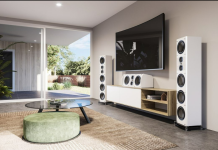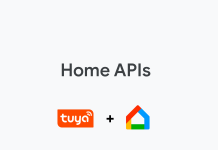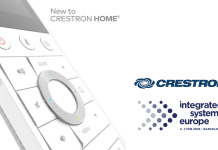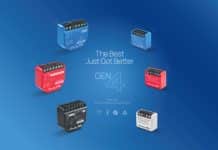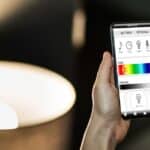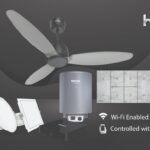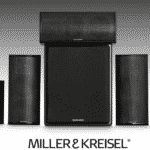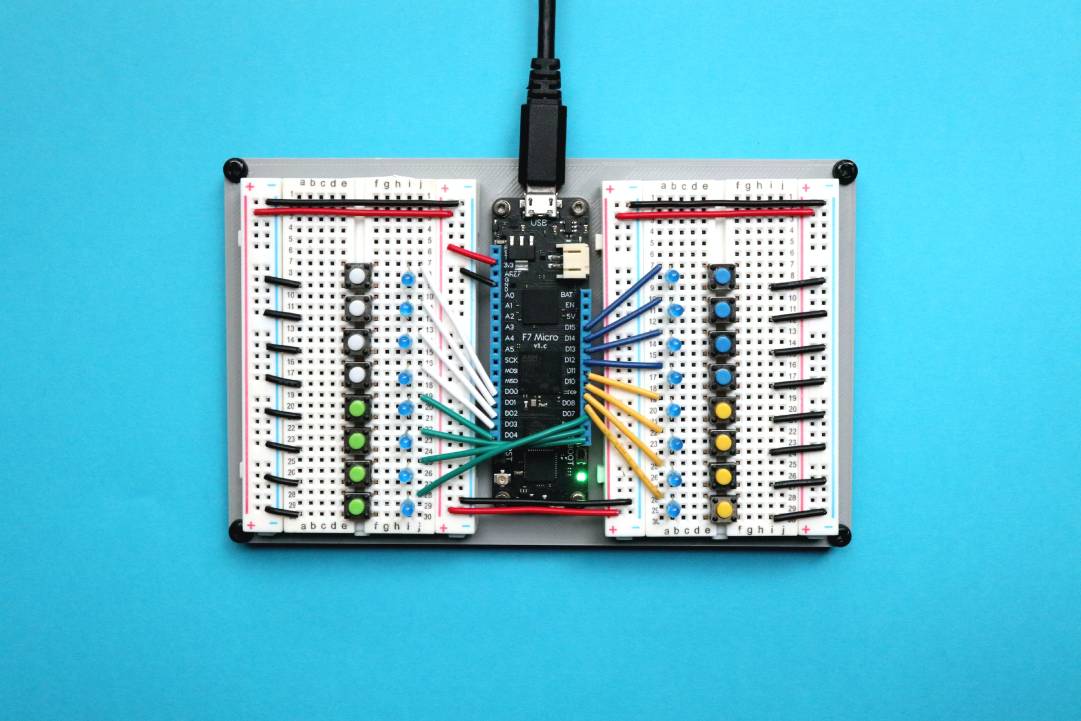
The home automation segment is ever evolving with fast paced innovations in the segment.
The IoT devices have changed the scope of what is possible in the realm of home automation; high-end control systems once costing hundreds of thousands of dollars can be put together with IoT components for a fraction of the cost. The Quantum Integration IoT platform is making the world of automation more accessible for everyone through specifically engineered hardware and software designed to allow anyone with the passion for making to build their own fully functional IoT network without any coding knowledge.
Convenience and entertainment have been at the forefront of the home automation revolution, with the inclusion of smart TVs, sound systems, and ambient lighting to tie it all together. While there are many options available to consumers for a completely automated and immersive experience, there’s still a lot of progress to be made for full integration that creates a truly seamless user experience.
Quantum Integration has released a white-paper on IoT and home automation recently. Michael Barnick, CEO of Quantum Integration commented on the user experiences, “Although convenient, the entire experience for audio and video control has not been realized in the consumer experience. Some input devices are more practical for certain operations. What’s missing is the integration of different input devices to perform the same operations on the system at the discretion of the user.”
While most consumers seek the convenience that home automation provides, the benefits in cost savings that home automation can also yield are often overlooked. Many popular devices are low cost and easy to set up, and can perform tasks like shutting off lights and turning down the temperature in unoccupied rooms; tasks like these can even be programmed to function when a person leaves the room. Smart energy-saving measures can save homeowners hundreds or even thousands of dollars every year in energy costs, all for the cost of a simple IoT device.
Safety and security are also positively affected by advancements in IoT technology. IoT networks can have hundreds or even thousands of devices on the network talking to each other. The technology allows consumers to fine-tune their own security systems, and add many more devices and sensors as they go. Sensors for intrusion detection, access control, smoke and carbon monoxide alarms, motion detection and remote locks are easily integrated onto the network and can be customized accordingly to fit the consumer’s lifestyle.



